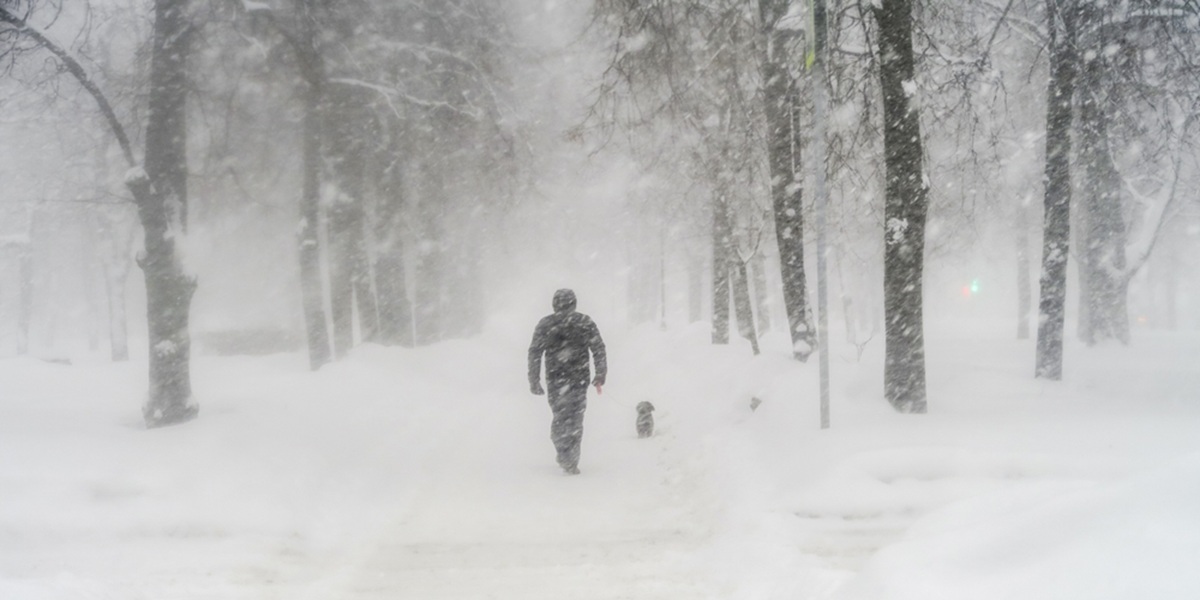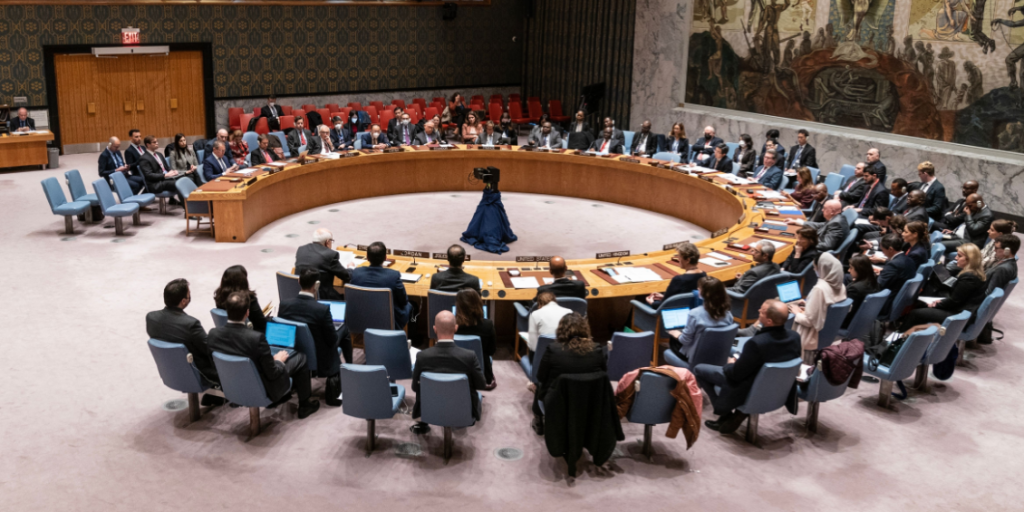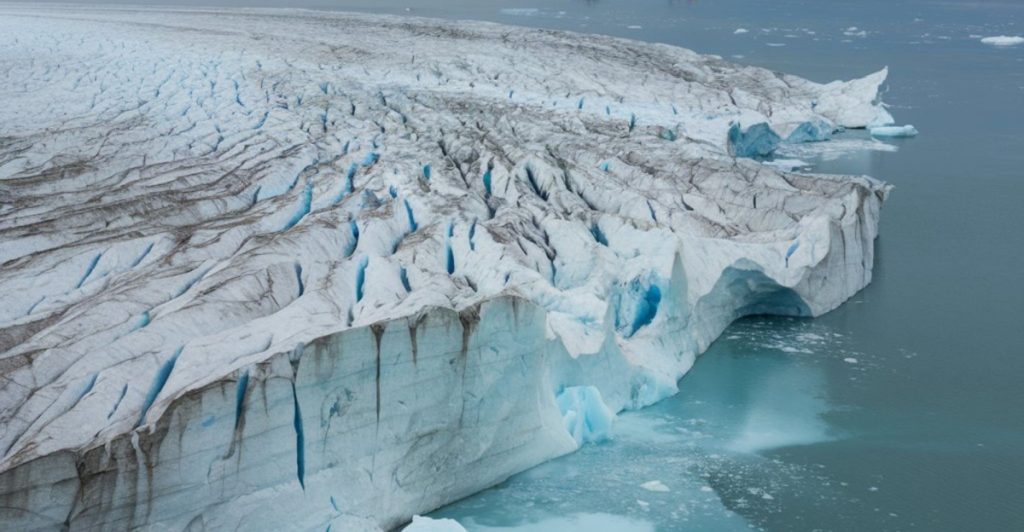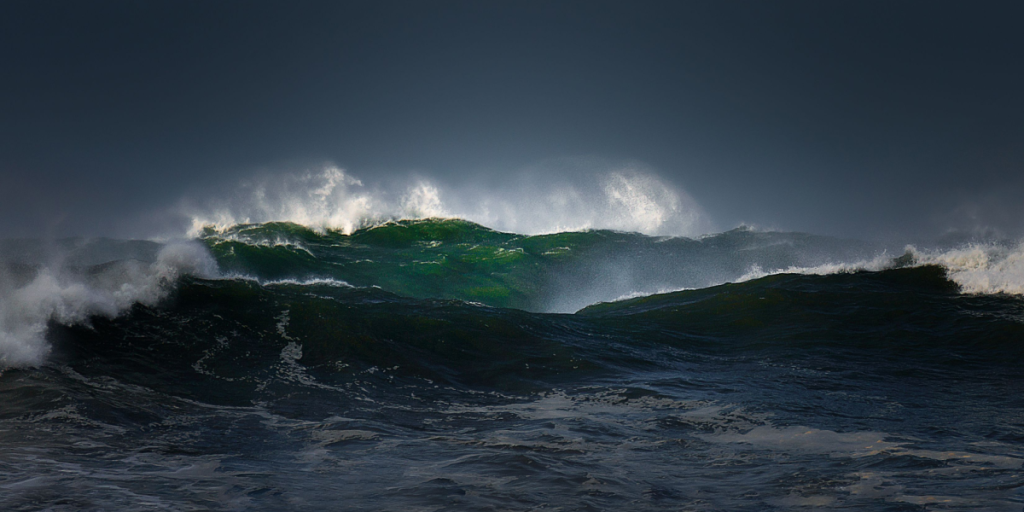Researchers Sound Alarm Over Possible Collapse of Atlantic Circulation
Others are reading now
Our homes, our food, and even the way we live depend on stable climate patterns.
But the balance that makes northern Europe livable depends on something we cannot see.
It is a massive ocean current called the Atlantic Meridional Overturning Circulation, or AMOC.
A Crucial Currant

This current acts like a giant heating system. It carries warm water from the southern hemisphere northward and pushes colder water back south, writes DR.
Because of this, Scandinavia and much of northern Europe enjoy milder winters than they otherwise would. Farmers depend on this climate. So do the millions of people who live there.
Also read
An Unavoidable Collapse?

A new study warns that this crucial system could collapse much sooner than many believed.
The research, involving leading climate scientist Stefan Rahmstorf, says that if greenhouse gas emissions remain high, AMOC may reach a point of no return in just 10 to 20 years. Once that happens, a collapse will be unavoidable.
Severe Effects

The consequences would be enormous. Northern Europe would grow colder, possibly as cold as Alaska.
Weather patterns would shift across the globe. Crops would fail in some regions, and millions of people could be forced to adapt to harsher living conditions.
Professor Marit-Solveig Seidenkrantz from Aarhus University explains that even a weakening of AMOC would hit northern Europe hard.
Also read
Less warm water would reach the region, and the effects would be severe.
A New Risk Assessment

The study modeled several futures. If emissions keep rising, the risk of collapse is estimated at about 70 percent by the year 2500.
Even if emissions are reduced to moderate levels, the risk is still 37 percent. With very deep cuts, there remains a 25 percent chance.
The figures are uncertain, but they show a much greater risk than earlier assessments from the UN’s climate panel.
A “Little Ice Age”

Some scientists compare the possible changes to the Little Ice Age, when Europe suffered years of cold, famine, and social unrest.
Also read
Researchers stress that the exact timing is unclear, but the danger is growing. The more studies that are done, the clearer the picture will become.
And experts agree on one thing. The window for action is closing fast.


